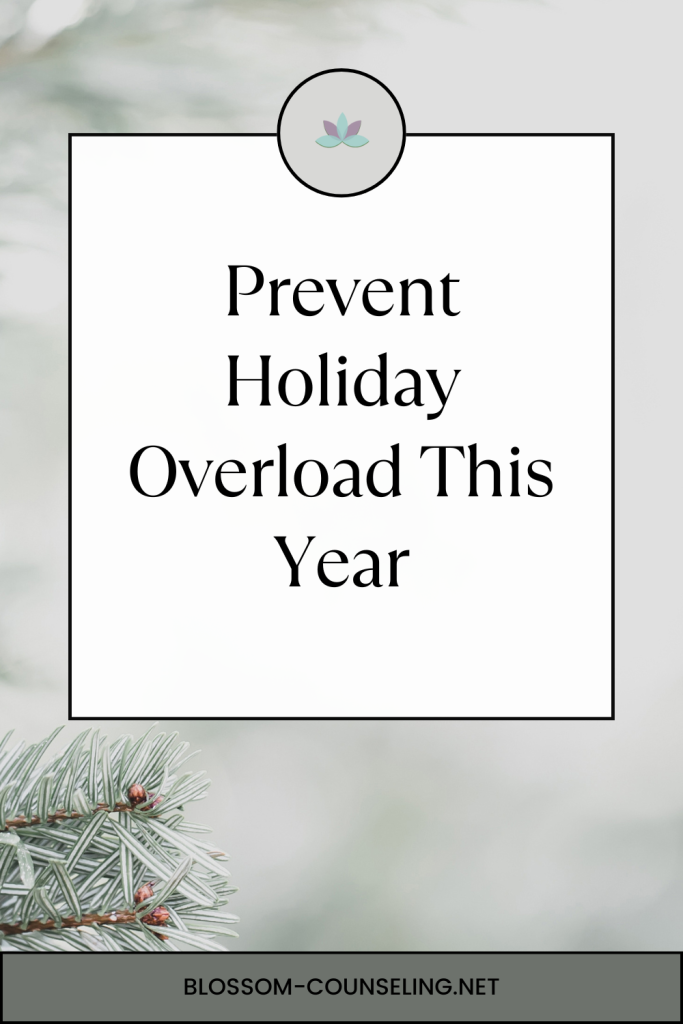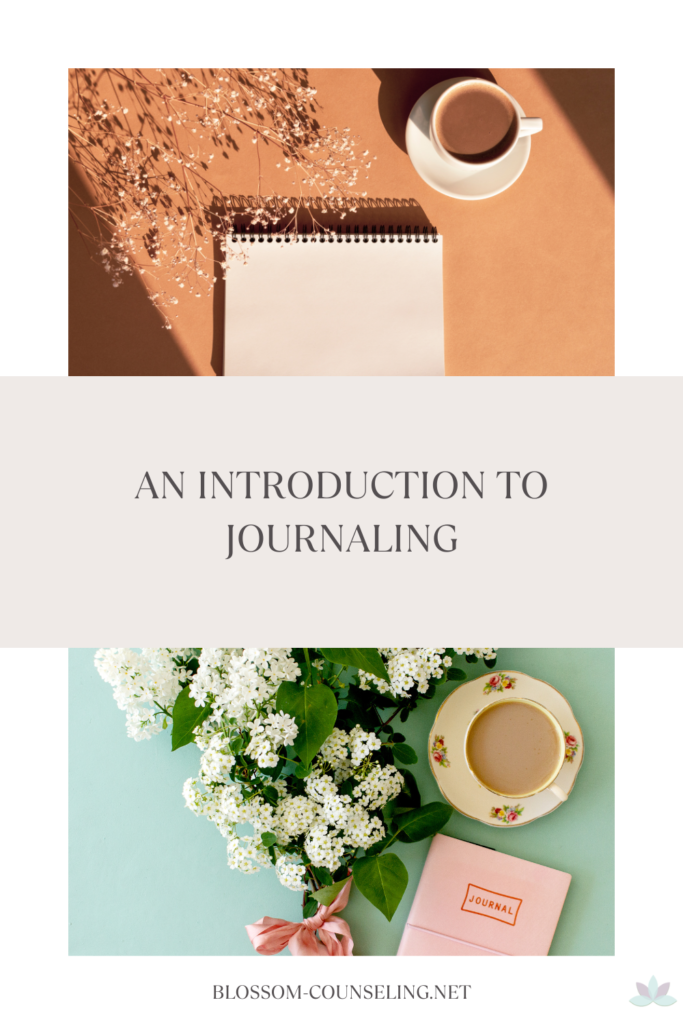
Repressed memories are a difficult and complex topic that can cause a great deal of distress for those who experience them. These are memories that have been unconsciously blocked or forgotten due to trauma or other negative experiences. While repressed memories can protect you from emotional pain in the short term, they can also cause a great deal of distress and confusion when they resurface.
If you think you may be dealing with repressed memories, it’s important to understand that this is a common experience for many people who have been through traumatic events. Here are some tips for coping with repressed memories:
Understand what repressed memories are
The first step in coping with repressed memories is to understand what they are. Repressed memories are often unconscious memories that have been blocked or forgotten due to trauma or other negative experiences. These memories can be triggered by certain events or situations, and can cause a range of emotional and physical symptoms.
Seek professional help
If you’re struggling with repressed memories, it’s important to seek professional help. A therapist or counselor can provide you with the support and guidance you need to work through these memories in a safe and healthy way. They can help you process your feelings, learn coping skills, and develop a plan for moving forward.
Practice self-care
In addition to seeking professional help, it’s important to practice self-care. This can include things like getting enough sleep, eating well, exercising regularly, and practicing relaxation techniques like meditation or yoga. Self-care can help reduce stress and anxiety, and can also help you cope with difficult emotions.
Take things at your own pace
Recovering repressed memories can be a long and difficult process, and it’s important to take things at your own pace. Don’t push yourself too hard or try to force memories to resurface before you’re ready. Remember that healing is a process, and it’s okay to take things one step at a time.
Connect with others
Finally, it’s important to connect with others who understand what you’re going through. Consider joining a support group or reaching out to friends and family members who can provide you with emotional support. Talking about your experiences with others who have been through similar experiences can be incredibly healing.
Repressed memories can be a difficult and painful experience to deal with, but with the right support and tools, it is possible to heal and move forward. Remember to take things at your own pace, practice self-care, and seek professional help when needed. You deserve to live a happy and healthy life, free from the burden of repressed memories.
|
|




